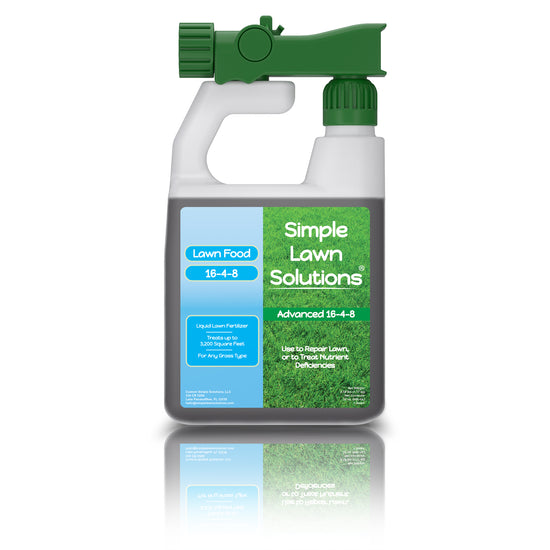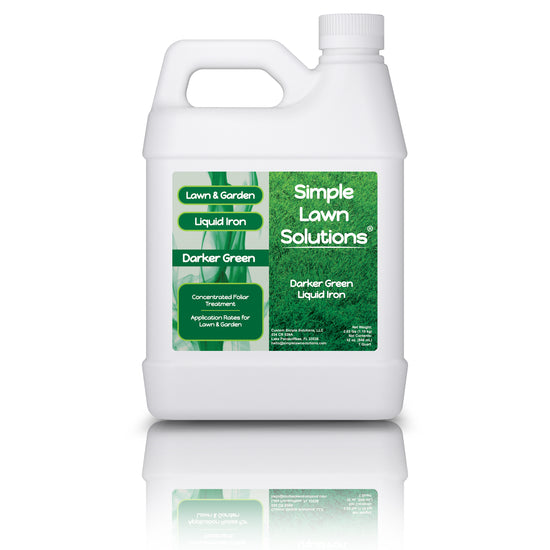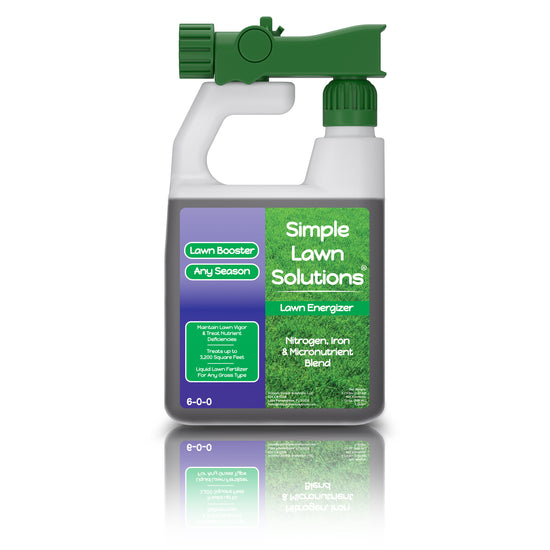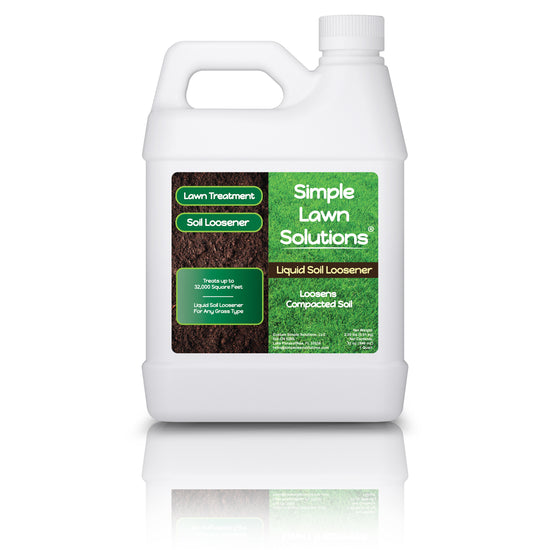If you have a well on your property, fertilizing the lawn near it can be tricky. While many fertilizers will work just fine, some may contain substances that could leach into the water supply and contaminate it. This is why it’s important to understand what type of fertilizer is safe to use near a well and how to apply it properly. Let’s take a closer look at what you need to know about fertilizing your lawn near a well.
Types of Fertilizer That Are Safe
The best kind of fertilizer to use near wells is one made from natural or organic ingredients. Natural fertilizers are slow-release, meaning they will break down slowly over time and not leach quickly into the ground water if used properly. Organic products like Root Hume, Sea Hume, and Soil Hume are also great options for fertilizing your lawn because they contain beneficial bacteria and nutrients that help promote healthy soil structure and fertility.
Application Tips
When applying fertilizer near your well, it’s important to use caution and follow all instructions on the product label carefully. This includes never exceeding the recommended application rate, as this could lead to chemical runoff and contamination of the water supply. It’s also important to avoid using any fertilizer within 10 feet of the well itself, as this could increase the risk of contaminants entering the drinking water supply. Finally, make sure that any fertilizer you do use is thoroughly watered in so that it doesn’t leach away too quickly during heavy rains or irrigation cycles.
Fertilizing your lawn can be tricky when you have a well nearby, but with proper care and caution you can still keep your yard looking lush without worrying about contaminating your drinking water supply. Make sure to choose natural or organic fertilizers whenever possible, read all product labels carefully before applying them near the well, and always apply according to instructions—and you’ll have nothing to worry about! With these tips in mind, you should have no problem keeping your lawn healthy without compromising the safety of your water supply.









